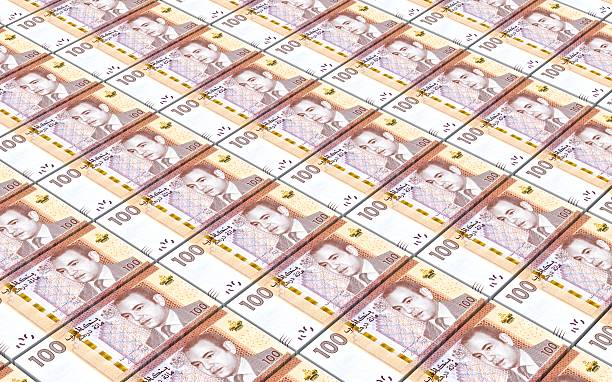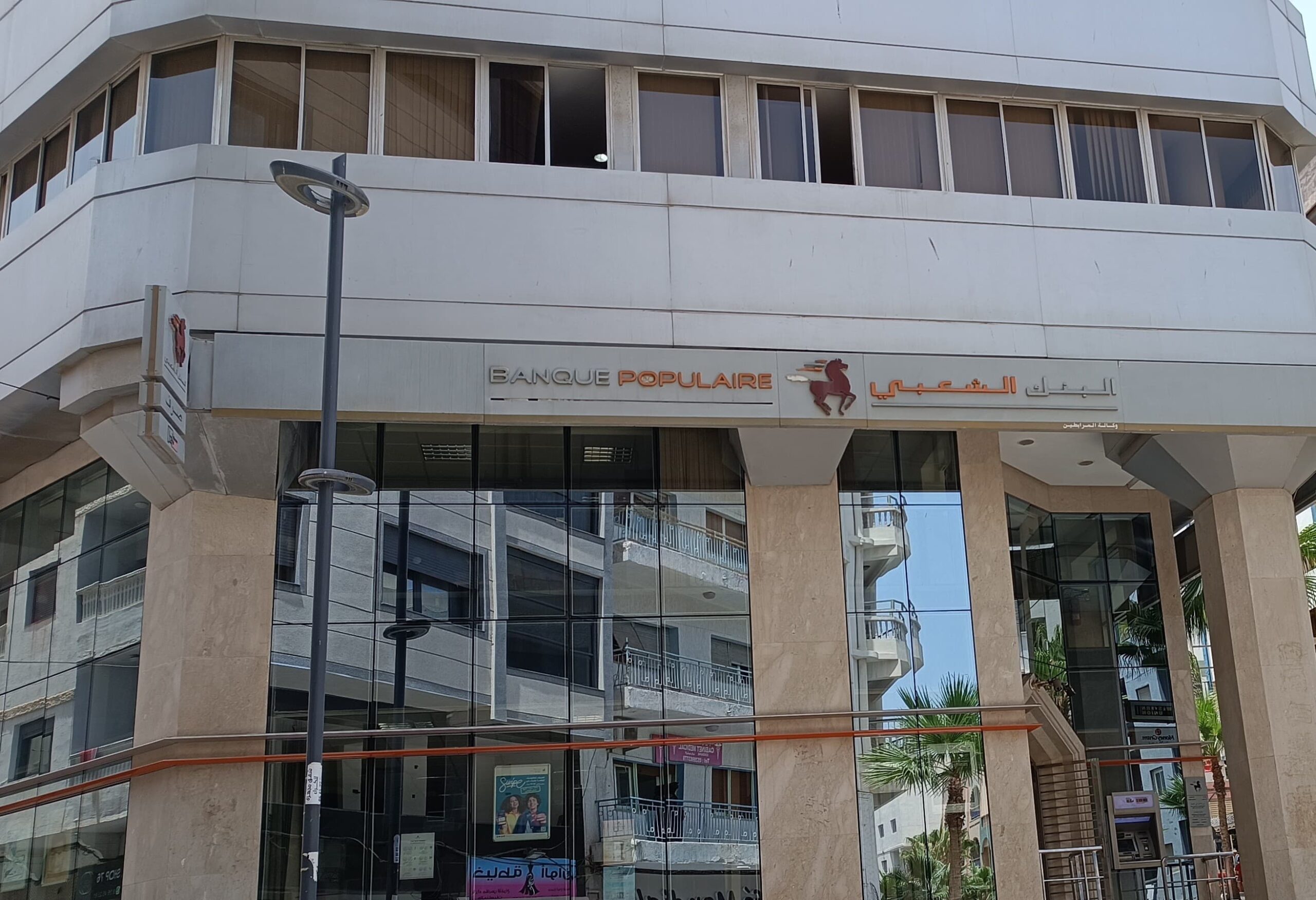Casablanca – The Ministry of Economy and Finance recently disclosed a significant financial setback, with the country’s budget showing a deficit of approximately 6.48 billion US dollars (equivalent to 62.8 billion dirhams) as of December 2023. This revelation has sparked concerns among economists and policymakers, highlighting the need for strategic fiscal management to navigate through these challenging times.
The budget deficit, amounting to approximately 6.48 billion US dollars, underscores the urgency of addressing underlying economic issues and implementing effective measures to mitigate financial risks. Despite falling slightly below the target set by the Finance Act for 2023, which aimed for a deficit of 4.5 percent of the GDP, the current deficit figure signals potential economic challenges on the horizon.
A detailed analysis provided by the Ministry of Economy and Finance sheds light on the factors contributing to this deficit. While revenues have seen a commendable performance, with ordinary revenues achieving an impressive rate of 103.7 percent, expenditures have also increased significantly. Investment expenses, in particular, have surged, with issuances recording an achievement rate of 121.5 percent compared to the previous year. This increase reflects efforts to accelerate structural projects and support public enterprises affected by the fluctuating energy prices in 2022.
The government’s response to this financial predicament has been multifaceted. Investments have been directed towards critical infrastructure projects, including the National Program for Providing Drinking Water and Irrigation Water, as well as addressing exceptional expenses related to supporting purchasing power and economic activity in the aftermath of the Hawz earthquake. These strategic investments aim to stimulate economic growth and enhance the country’s resilience in the face of economic uncertainties.
Furthermore, the Ministry of Economy and Finance has emphasized the importance of prudent financial management in addressing the deficit. Special attention is being given to managing debt obligations and other financial commitments, with surplus funds in special accounts totaling approximately 17 billion dirhams (approximately 1.75 billion US dollars), compared to 8.4 billion dirhams (approximately 865.98 million US dollars) in the previous year. These surplus funds serve as a crucial buffer to cover debt obligations and ensure fiscal stability.
Looking ahead, the government anticipates that the deficit will remain at 4.5 percent of GDP by the end of 2023, in line with the targets set in the Finance Act. However, proactive measures are being taken to manage the deficit effectively and minimize risks associated with refinancing in the domestic market. The Ministry of Economy and Finance remains committed to implementing sound fiscal policies and strategic investments to steer the country towards sustainable economic growth and financial stability.
While the budget deficit presents challenges, it also serves as a catalyst for implementing comprehensive fiscal reforms and strategic investments to bolster the country’s economic resilience. By addressing underlying economic issues and implementing effective measures, the government aims to navigate through these challenging times and emerge stronger on the other side.
















